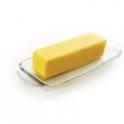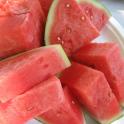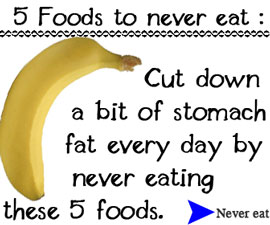One of the most commonly served up vegetables are carrots. For many people who don’t like to eat vegetables, carrots are the exception to the rule since they are much sweeter tasting and can be eaten in so many different ways.
Due to this sweet taste however, it is important to note that carrots will have a higher carbohydrate and starch content, so their calories should be counted.
Let’s take a look further at the nutritional information to know about this vegetable.
Major Nutrients Found In Carrots
Carrots do stand out for their higher fiber content, so if you’re looking to increase your daily intake up higher, that’s the first big benefit that they will offer. Carrots are also very well known for their Vitamin C content, but that’s not all they’ll provide. They are also a rich source of Vitamin B6, Folate, Pantothenic acid, iron, potassium, as well as copper.
Much higher than their vitamin C content, carrots are finally an extremely good source of Vitamin A with a hundred grams supplying you with 276% of your total daily value.
Storing/Selecting
When selecting carrots you want to look for ones that are a deep orange in color and show no signs of dryness. Store them in a cooler area of the fridge, preferably lower down in a sealed compartment to ensure maximum freshness.
When stored properly they can last for up to two to three weeks, so this is a good vegetable to have on hand at all times.
Eat It With:
Carrots are great eaten raw with or without dip, or can be added to soups, salads, stir-fries, eaten steamed, eaten boiled, or added into any dish that you happen to be preparing. They definitely are one of the most versatile and well tolerated vegetables around.
Burn Off Calories In Carrots
To burn off the number of calories in serving of carrots you would have to do:
- 5 minutes of strength training
- 8 minutes of light badminton
- 30 minutes of sun bathing










